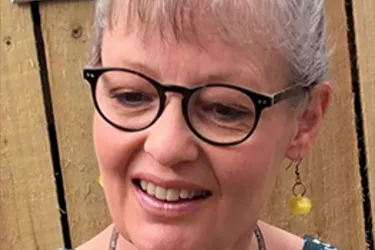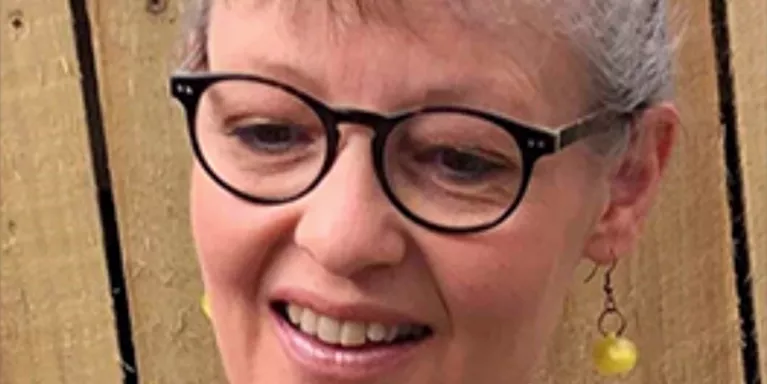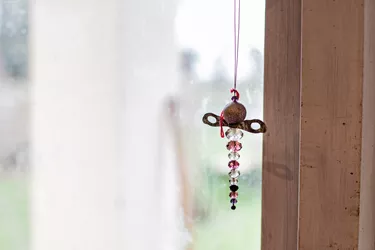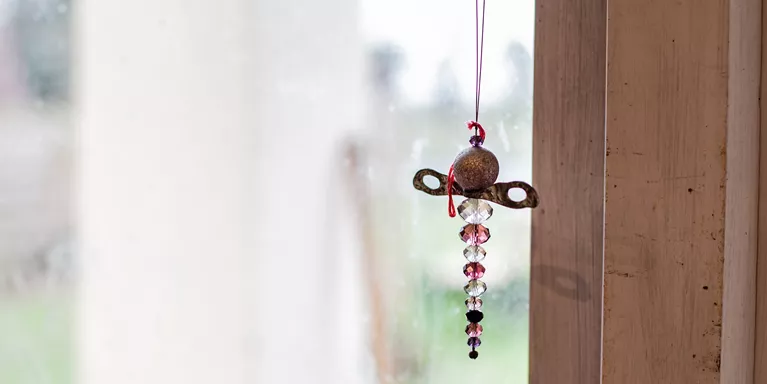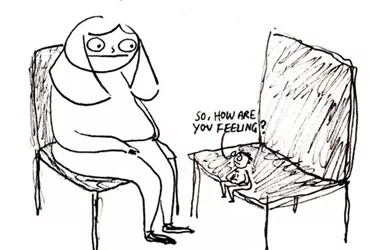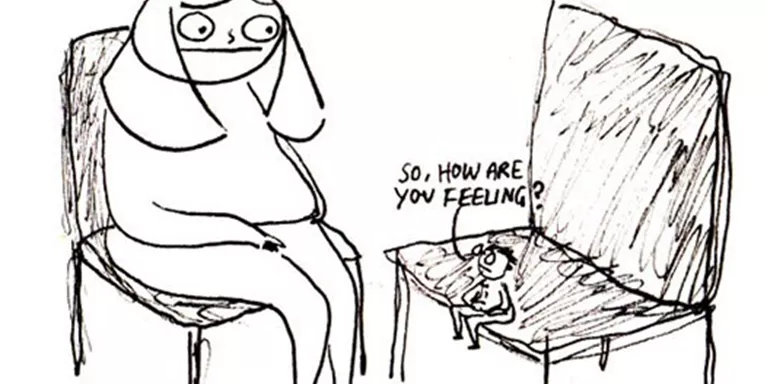My DBT journey
One of our bloggers shares her experience of Dialectical Behaviour Therapy (DBT) and describes the difference this has made to her life.
My life before DBT
Since the age of about 14 I have had help from mental health services in some way, with varying success. I had many wonderful ups and many shocking downs. I knew there was something not right with how I coped during the down times but I didn't know what was wrong or how to make it better.
After many years with a diagnosis of depression, I was reassessed and diagnosed with Borderline Personality Disorder (BPD) and Post Traumatic Stress Disorder (PTSD).
The diagnosis of BPD really upset me. I found it hard to accept my personality was disordered, and I still do. However, despite the wording and associated stigma, it brought me some relief to finally have an understanding of what was happening to me and a further relief to know there was some treatment available in the form of Dialectical Behaviour Therapy (DBT).
My DBT experience
Two therapists assessed me for the DBT programme. I had to be extremely honest about my feelings and behaviour. It was very uncomfortable and challenging. They arranged for me to attend a skills group for two hours a week as well as one-to-one sessions on a weekly/fortnightly basis.
I was reluctant to attend the skills sessions at first as I found any sort of therapy very distressing but over time I decided to treat the skills group more like a college course and it allowed me to focus and take in more from the sessions. I would be triggered by the skills group quite regularly and at times could not attend or had to leave early but the therapists were very understanding and encouraged me to continue, which I did for 40 weeks.
What I liked about the skills group was that the focus was not on traumas we had been through but instead on learning new skills to cope with crisis and better ways to understand our emotions and behaviours. I learnt to understand things that I wish I had known about as a child, like being able to validate myself in certain situations and being able to express myself in more helpful ways. Over time I also learnt to use mindfulness to help regulate my emotions and the skill of acceptance.
The one-to-one sessions I received were invaluable. My therapist was able to help me understand the DBT skills I was learning and help me to apply them to my life. My greatest lesson was to learn to fail and to accept that this and continued practise was the key to using DBT. The continuity during the therapy was key to addressing some of my worst BPD symptoms.
During the 14 months that I attended the DBT program I was also supported by my care coordinator, my GP and my psychiatrist. Prior to the DBT program I had had multiple admissions to A&E and to the acute psychiatric ward after suicide attempts. These admissions slowed and although I still reached crisis point, my admissions became proactive and not reactive which has been much more therapeutic. The distress tolerance modules of DBT helped me to achieve this along with other skills I learnt. It has been over a year now since my last suicide attempt.
My life after DBT
I feel like I now have a better handle on things in my life. When things get stressful or my emotions get out of control I have a toolkit of things I can try before turning to harmful behaviours of the past. I understand my diagnosis and behaviours better and try to see things with a different perspective. I wouldn't say I am “better” but I would say I am “doing better”. My family and friends have noticed a change in my mood and behaviour in a positive way and I feel more able to communicate with the people in my life around me.
I see a future for myself now that I didn't see before the therapy. Being diagnosed with a personality disorder seems quite bleak at first, because you wonder how you can undo years of damage. The answer I suppose is to try one day at a time. The DBT team helped me to make sense of my emotions and to start to build a life worth living. I am very grateful for their help and for being able to participate in this important therapy program.


Information and support
When you’re living with a mental health problem, or supporting someone who is, having access to the right information - about a condition, treatment options, or practical issues - is vital. Visit our information pages to find out more.
Share your story with others
Blogs and stories can show that people with mental health problems are cared about, understood and listened to. We can use it to challenge the status quo and change attitudes.












